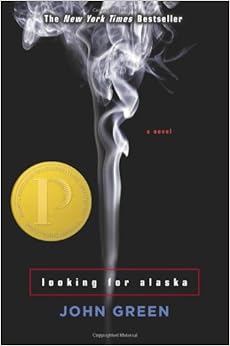For what he had not known was that once he glanced at the princess and she gave the signal to the right, she disappeared. She had left the arena. Her plan was to switch herself with the lady he was meant to be with. She had told her father that she could not bear to watch this and she left. Her father thought she had left and went to her room, but instead she took the place of the women who was supposed to be the lady in the arena. The princess had paid the woman so that she could take her place. But nor the king or the lover knew that the princess had done this.
Now, the point of the story is this: Did the tiger come out of the door, or did the lady?
Once the lover had opened the door, that decided his fate, there was a large amount of awe among the crowd in the arena. The barbaric king was furious, but this was the fate that the arena had for the princess's lover. Mostly everyone in the arena had imagined a that lover's fate was covered with blood and horror. So I will let you decide which came out the door - the lady, or the tiger?



